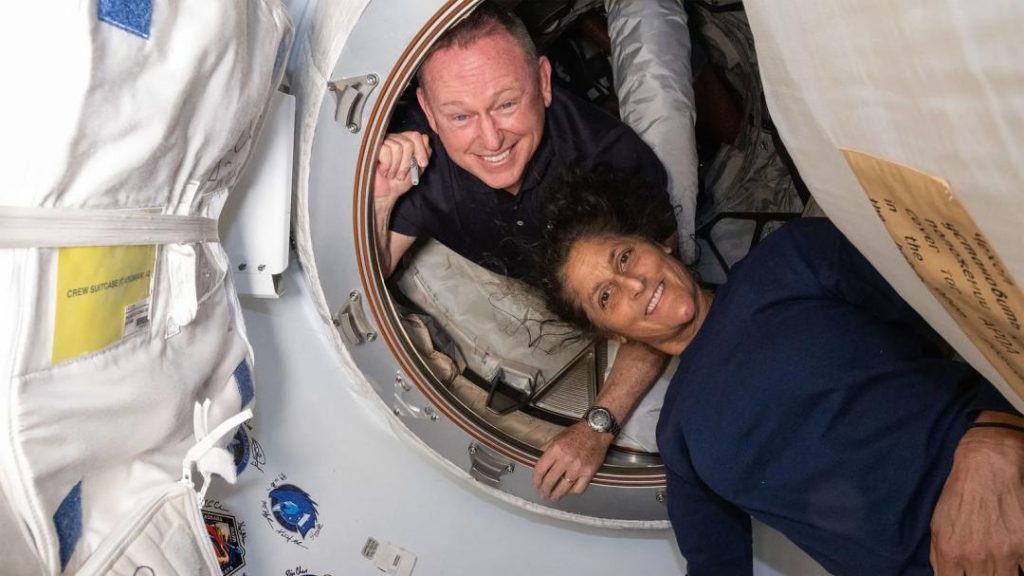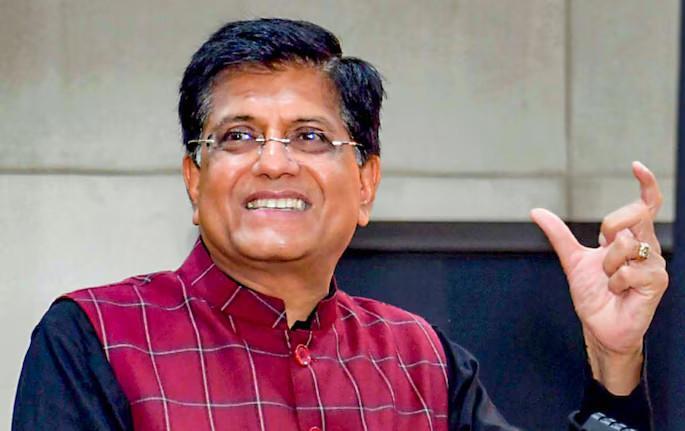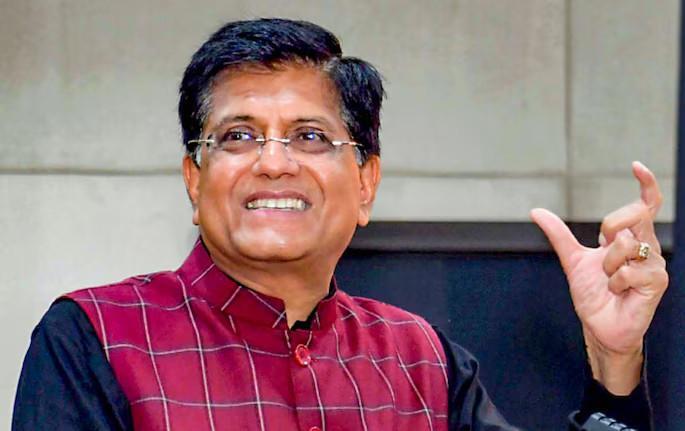
What challenges will Sunita Williams and Butch Wilmore face after returning to Earth?
This week, astronauts Sunita Williams and Butch Wilmore are set to return to Earth after spending months in space. While their return to solid ground is a cause for celebration, it’s not without its challenges. As they readjust to life on our planet, they may face a range of physical and physiological issues that can be quite daunting.
One of the most noticeable effects of returning to Earth is the loss of bone density that occurs during their time in space. Astronauts experience a significant loss of bone mass and density due to the lack of gravity, which can make them more susceptible to fractures and osteoporosis. This can be particularly challenging for Sunita Williams, who has already spent a total of 322 days in space, making her one of the most experienced female astronauts to have traveled to space.
To counteract this loss of bone density, astronauts undergo a rigorous exercise program while in space to maintain their muscle mass and bone density. However, even with this exercise program, astronauts still experience a significant loss of bone density. On their return to Earth, they will need to continue this exercise program to gradually rebuild their bone density.
Another challenge that Sunita Williams and Butch Wilmore will face is the development of “baby feet”. Due to the lack of gravity in space, the feet and ankles do not have to work as hard to support the body, which can lead to a loss of muscle tone and flexibility. When they return to Earth, they may experience difficulties walking and may need to relearn how to use their feet and ankles in the same way they did before they went to space.
In addition to these physical challenges, Sunita Williams and Butch Wilmore may also experience a range of physiological issues. One of the most common side effects of returning to Earth is a condition known as “space sickness”. This can cause a range of symptoms including dizziness, nausea, and even fainting. The loss of blood volume in space can also lead to a range of complications, including dehydration and electrolyte imbalances.
Astronauts also experience a range of psychological challenges when returning to Earth. The isolation and confinement of space travel can take a toll on the mind and body, and it can take time for astronauts to adjust to being back on Earth. They may experience feelings of disorientation and confusion, and may struggle to adjust to the pace of life on Earth.
Despite these challenges, Sunita Williams and Butch Wilmore are well-prepared for their return to Earth. They have undergone extensive training to prepare for the physical and psychological challenges they will face, and they have a team of medical professionals who will be monitoring their health and providing any necessary support.
As they prepare to return to Earth, Sunita Williams and Butch Wilmore are no doubt feeling a mix of emotions. They are excited to be coming home and to be reunited with their loved ones, but they are also aware of the challenges that lie ahead. With their training and preparation, they are well-equipped to face these challenges and to make a smooth and successful transition back to life on Earth.
In conclusion, while returning to Earth is a cause for celebration for Sunita Williams and Butch Wilmore, it’s not without its challenges. They will face a range of physical and physiological issues, including the loss of bone density, the development of “baby feet”, and the risk of space sickness. They will also experience psychological challenges as they adjust to being back on Earth. However, with their training and preparation, they are well-equipped to face these challenges and to make a smooth and successful transition back to life on Earth.






